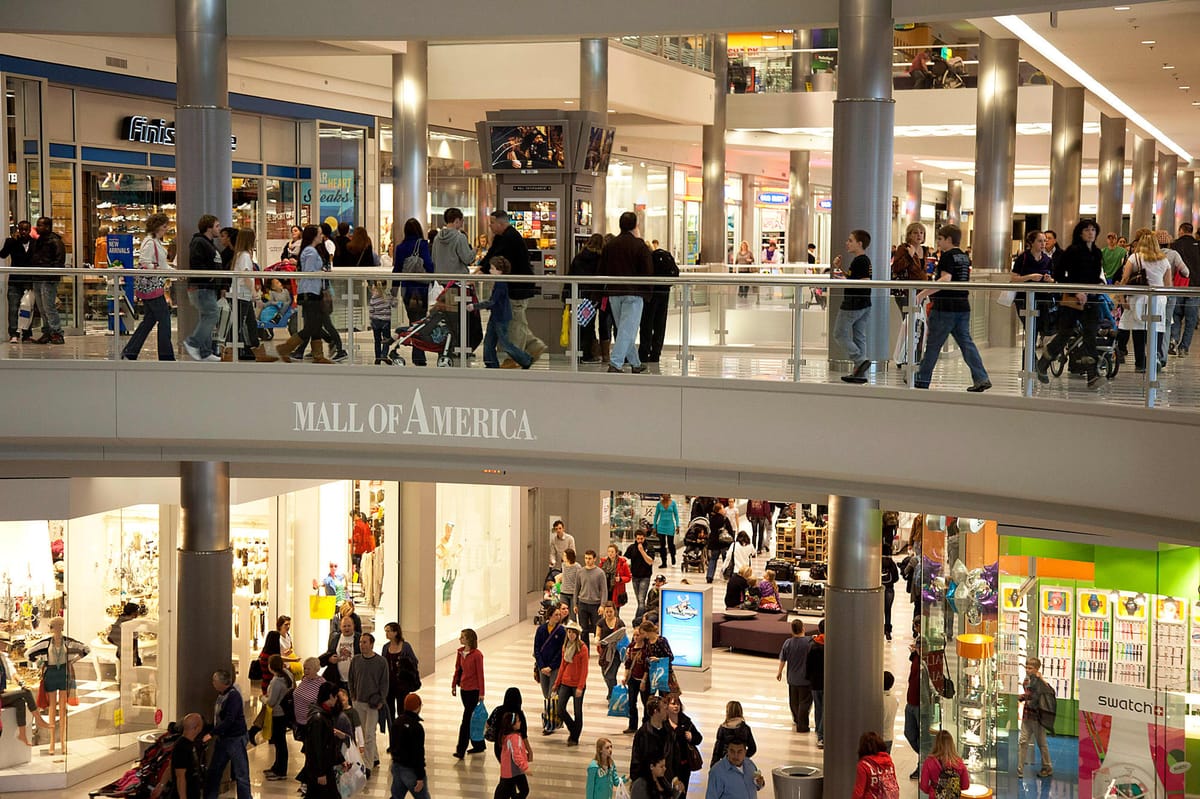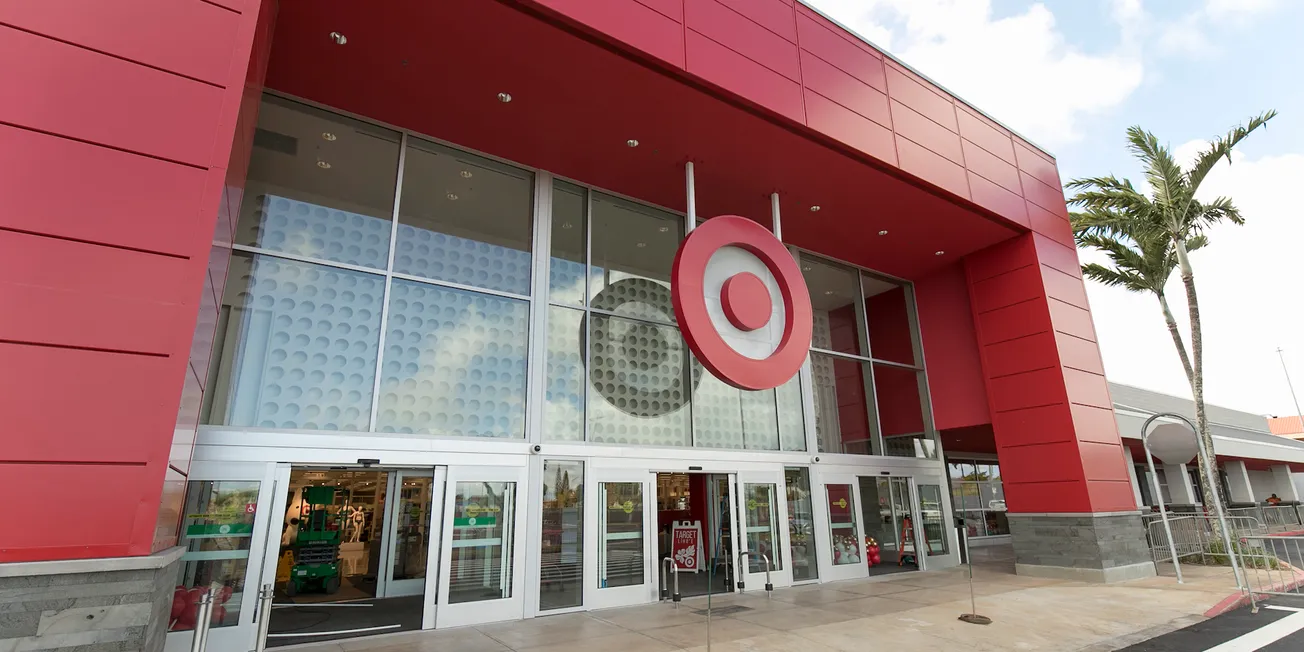WASHINGTON — Despite solid gains in retail sales last month, American consumers remain uneasy amid growing concerns over tariffs and economic policy uncertainty, according to National Retail Federation Chief Economist Jack Kleinhenz.
New data released today by the U.S. Census Bureau showed that overall retail sales rose 1.4% in March from February on a seasonally adjusted basis, and 4.6% year-over-year on an unadjusted basis. Core retail sales, which exclude categories such as automobiles, gas, and restaurants, increased 0.6% month-over-month and 3.4% year-over-year.

Kleinhenz said the gains were driven by a combination of positive factors, including stronger income growth, lower energy costs, and larger-than-usual tax refunds that provided a temporary boost to household spending.
“Retail sales strengthened in March, supported by continued solid growth in income, lower energy costs and bigger-than-usual tax refunds that all helped support household budgets,” Kleinhenz said. “However, there is no question that the consumer is not feeling great given the confusion of policy announcements from Washington. On-again, off-again rising tariffs and resulting turmoil in the stock market and world economy are clearly impacting consumer concerns about higher prices and future consumer spending growth.”
The data follows Monday’s release of the CNBC/NRF Retail Monitor report, which showed a 0.4% month-over-month increase in core retail sales in March and a 5.07% increase year-over-year. That report captures real-time consumer transaction data and offers a complementary view of retail performance.

Both reports come in the wake of a series of tariff announcements from the Trump administration. In February, the president imposed tariffs on imports from China, Canada, and Mexico. In early April, he proposed a new 10% minimum tariff on all U.S. trading partners and reciprocal tariffs on dozens of countries — measures that were later paused for 90 days but have left consumers and businesses on edge.
A recent NRF survey found that 46% of consumers were already changing their buying habits, stocking up on items like appliances and clothing out of fear that prices could soon spike due to tariffs.
The NRF is projecting core retail sales growth of 2.7% to 3.7% for 2025, but warned that further escalation in trade tensions could jeopardize that outlook.
As the voice of the retail industry, NRF continues to monitor policy developments and provide regular updates on consumer spending trends.









